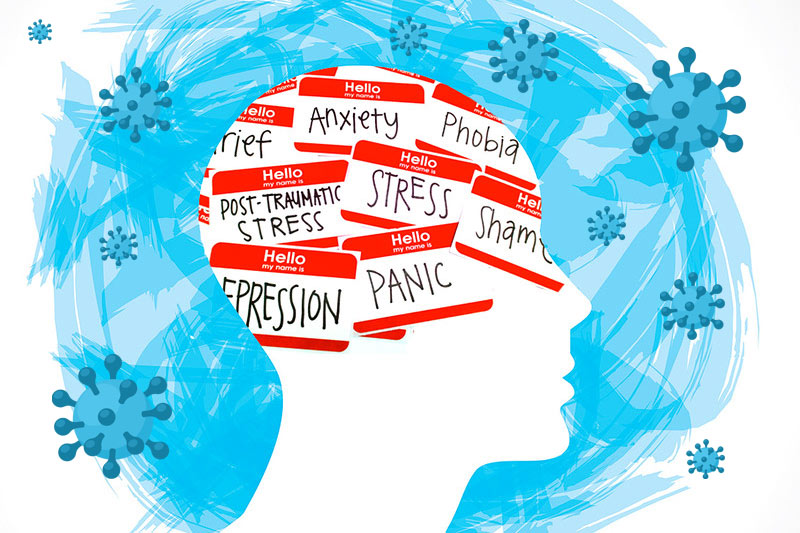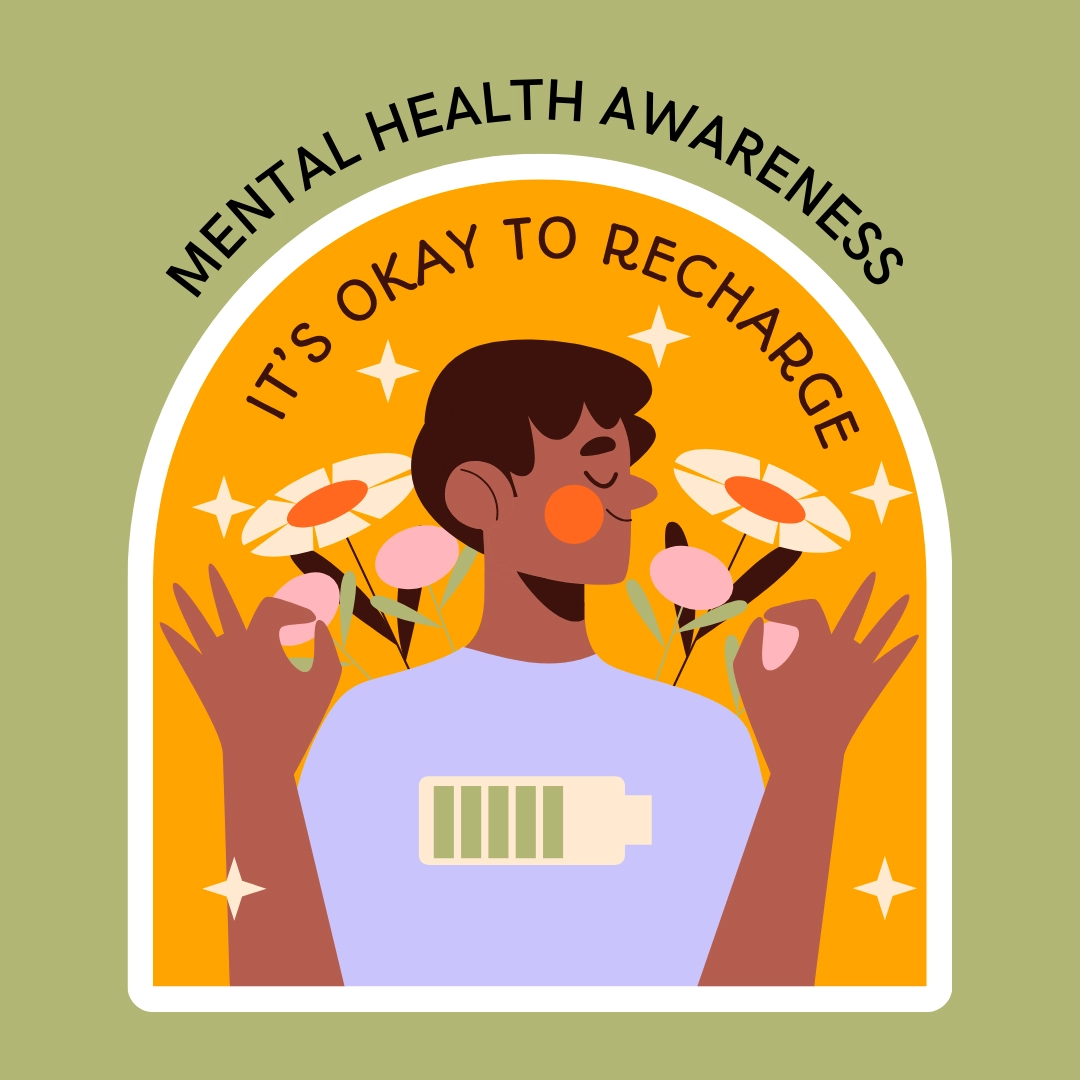Today, 10th October 2021, is World Mental Health Day. The theme for the day this year is ‘Mental Health in an Unequal World.’
Statistics show that mental health problems are rising worldwide. Unfortunately, most of the issues go undetected and are hence unaddressed, leading to long term damage in relationships at home and at work. The global pandemic of COVID-19 has accentuated the issue of mental health. Telehealth applications and platforms need to have a bigger role to play in bringing about a solution that can benefit the patients and mental health providers.
World Mental Health Day
The COVID-19 pandemic that has disrupted our lives and businesses brings in its wake a host of mental health issues. In this context, the World Mental Health Day which is observed on this day every year assumes greater importance. The global apex health body, the World Health Organization, started observing this day with the objective of boosting awareness of all kinds of mental health issues around the world. WHO also does yeoman service in garnering support for addressing mental health issues of citizens of all countries. Every year the day zeroes in on a central theme. If in recent years the themes were dignity in mental health, psychological first aid, workplace mental health, youth and suicide prevention and increased investment in mental health, this year the focus is on mental health in an unequal world.
Problems of Mental Health
Statistics show that 13% of the health issues worldwide are related to mental health. Around 450 million people live with mental disorders ranging from common anxiety and depression to severe schizophrenia and bipolar disorder. Many of the mentally unwell people face premature death including by suicide, a huge number of them teenagers. Majority of these victims fall under lower income group with practically no less access to counsellors or clinics. Compounding this fact is the stigma attached to issues of the mind that make people not speak up about their problems.
The World Economic Forum estimates that global mental health disorders if left unaddressed, are likely to cost the world economy up to $16 trillion between 2010 and 2030. This is a crisis that we cannot afford to push under the carpet. WHO recognizes mental health as a basic human right. How to do away with the inequalities that deny mental health to majority of the people? It is high time we thought innovatively to address this burning topic.
Mental Health and Stigma
Awareness of what constitutes mental health and ill-health is the first thing needed. Once an individual is identified as unwell, he or she needs to explain the issue in detail to a counselor. Even though counselors are available for consultation at some educational institutions and workplaces, they are few and far between. Social distancing and lockdowns mean that hospital visits have come down and work is done remotely, mostly from homes. The situation presents us with a huge challenge as well as an opportunity when it comes to treating mental health issues.
Mental Health in an Unequal World
This year’s focus for World Mental Health Day is mental health in an unequal world. This theme was chosen by a global vote including members of the World Federation for Mental Health, stakeholders and supporters because the world is increasingly polarized, with the very wealthy becoming wealthier, and the number of people living in poverty still far too high. The WFMH is the an international, multidisciplinary, grassroots advocacy and education organization concerned with all aspects of mental health. It was founded to promote global mental health by preventing mental and emotional disorders. Recent years have seen a spike in inequalities due to race and ethnicity, sexual orientation and gender identity, and the lack of respect for human rights, including for people living with mental health conditions. This has adversely impacted people’s mental health.
It is in this context that the 2021 theme becomes relevant. It will highlight the fact that access to mental health services remains unequal. It is alarming that around 75% people with mental disorders in low- and middle-income countries are unable to access mental health services. Nations need to invest more in mental health, proportionate to the overall health budget.
Stigma continues to be a reason for people with mental illness not getting the required treatment. The gap between the mental health haves and have nots has widened, thereby begging for intervention by Governments and influential players in the field. Studies reveal the lacunae in the quality of care provided to people with mental health issues. Oftentimes there is an inordinate delay in the patient getting the treatment and care.
The discrimination experienced by people suffering from mental illness affects their physical and mental health, educational and job opportunities, financial prospects and also affects their families and loved ones. It is our responsibility to address these inequalities and ensure that such people are fully integrated in all aspects of life.
Mental illness can also result from physical illness. Anxiety and depression are caused by physical ailments and resultant social and economic difficulties. The COVID 19 pandemic has further highlighted the effects of inequality on health outcomes and no nation, however rich, has been fully prepared for this. The pandemic has and will continue to affect people, of all ages, in many ways: through infection and illness, sometimes resulting in death bringing bereavement to surviving family members; through the economic impact, with job losses and continued job insecurity; and with the physical distancing that can lead to social isolation.
The 2021 World Mental Health Day campaign ‘Mental Health in an Unequal World’ will enable us to focus on the issues that perpetuate mental health inequality locally and globally. We want to support civil societies to play an active role in tackling inequality in their local areas. We want to encourage researchers to share what they know about mental health inequality including practical ideas about how to tackle this.
Yet again, we find ourselves in the middle of a global crisis resulting in widening health, economic and social inequalities. The 2021 World Mental Health Day campaign provides an opportunity for us to come together and act together to highlight how inequality can be addressed to ensure people are able to enjoy good mental health.




